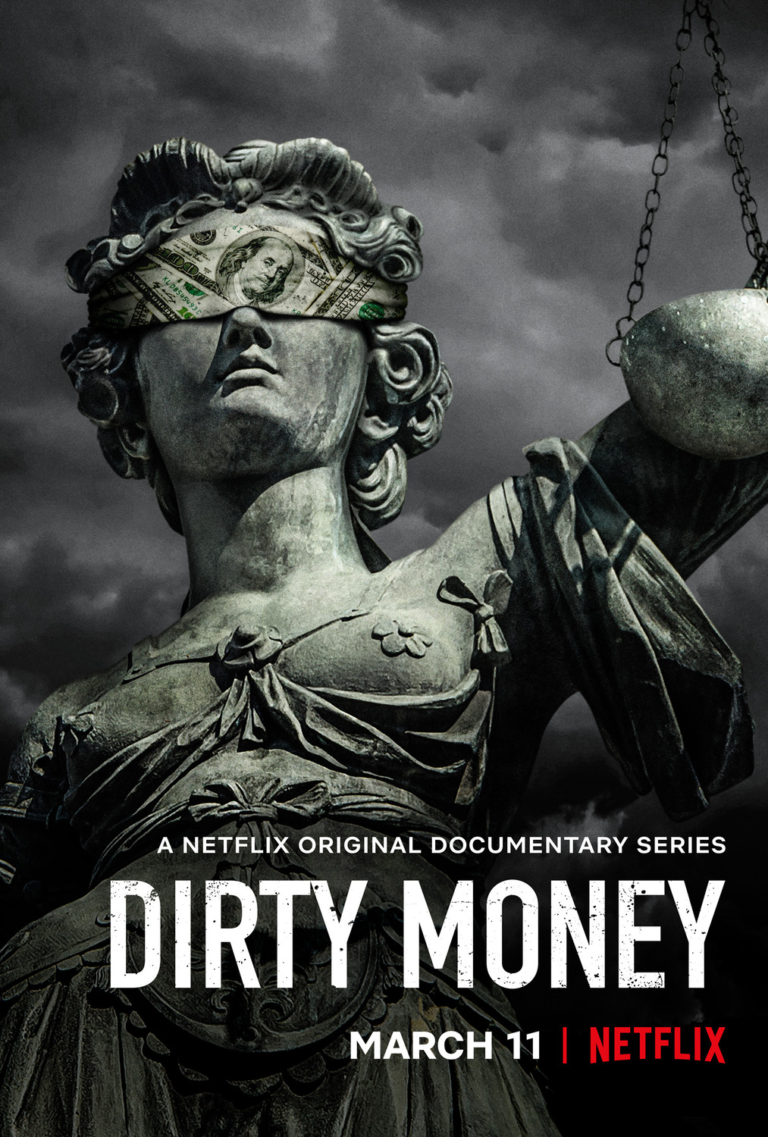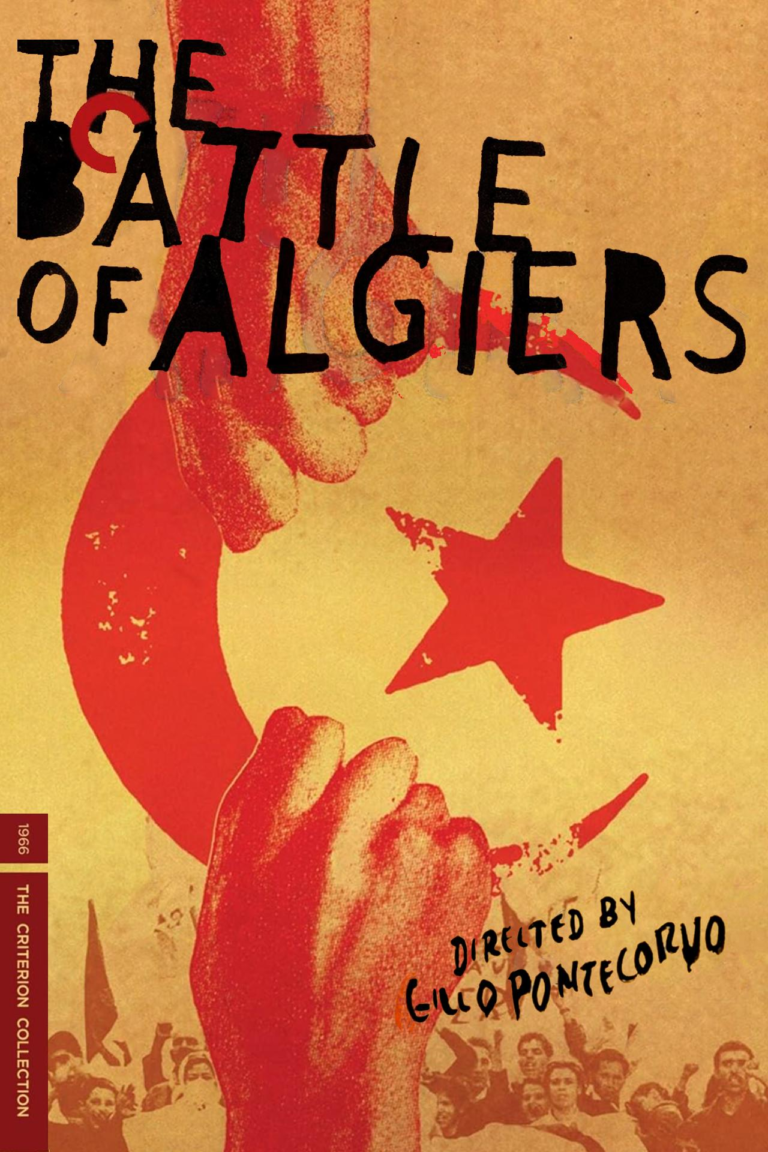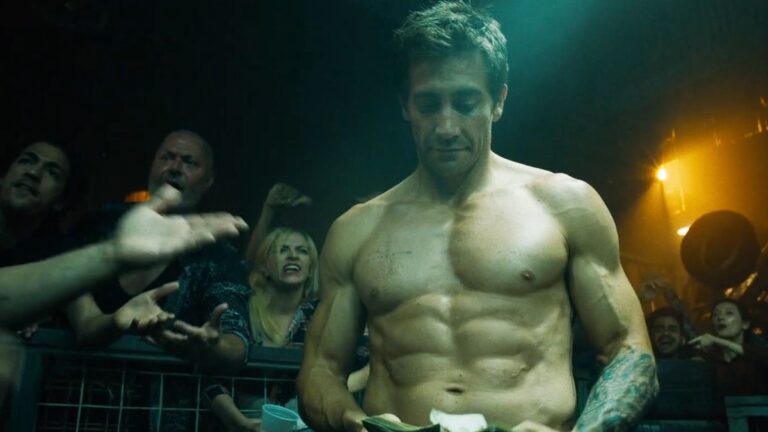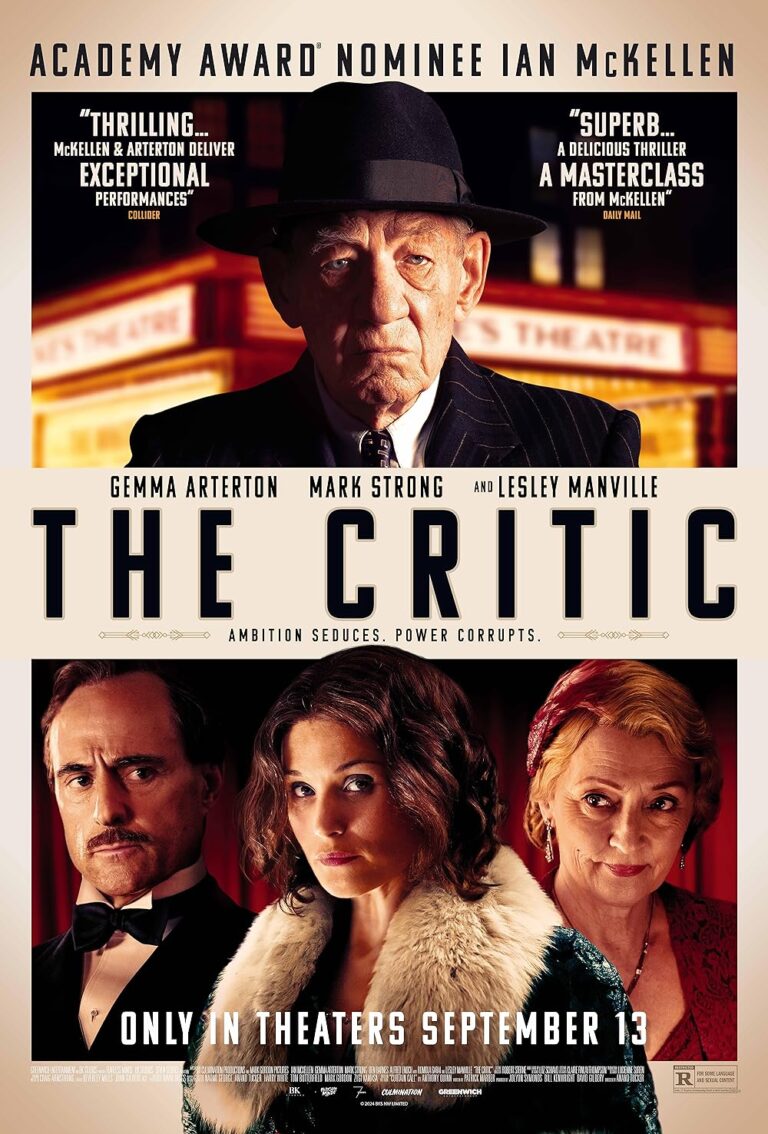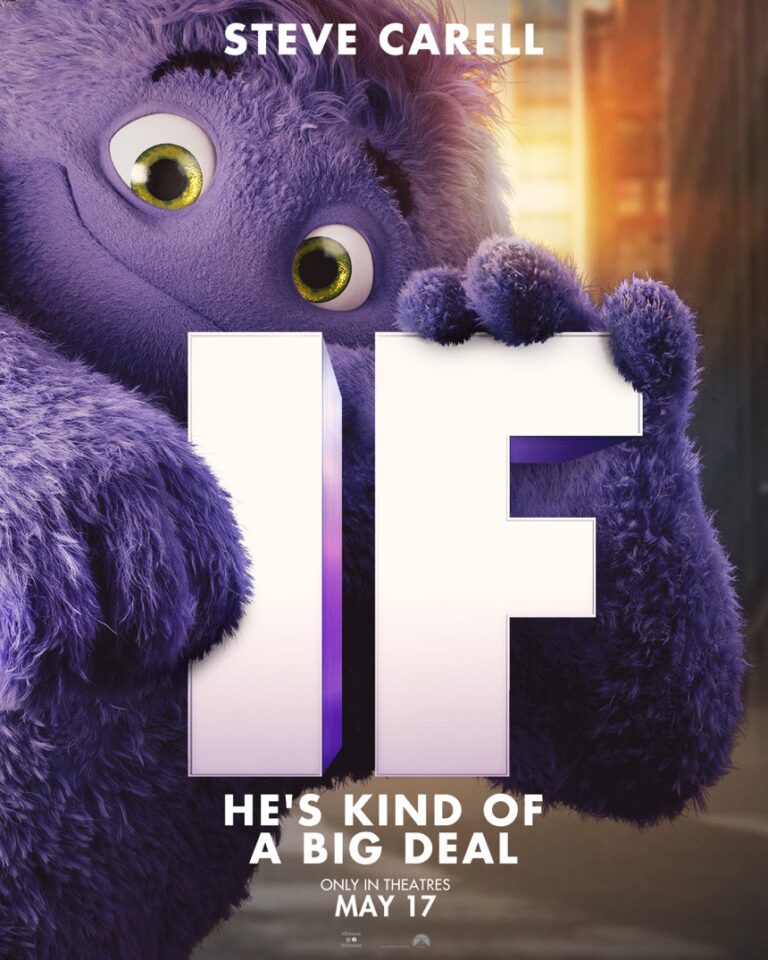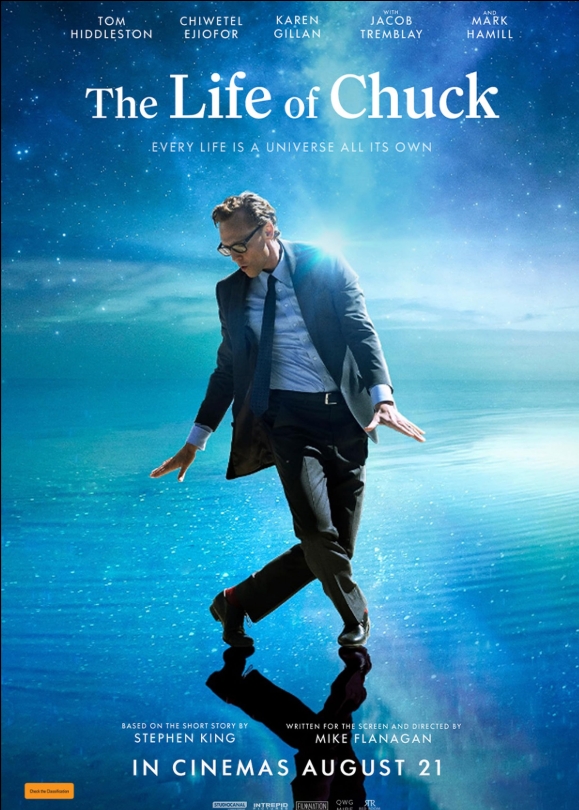Blink Christian Review

Rating: 9/10
Some films have this way of moving beyond the screen and taking root in your mind. Blink is one of those rare ones—a National Geographic gem that seems to reach deep inside you, stirring emotions you didn’t know were there and making you question what you thought you understood about life’s impermanence. To call it a mere documentary feels like selling it short. It’s more like an immersive, living painting, a meditation on our delicate connections to each other and the world around us.
More Than Just Another Travel Documentary
If you just heard the premise—children traveling to different countries, meeting people and animals, and moving on to the next adventure—it might sound straightforward, almost simplistic. But Blink is anything but. It defies that kind of linear storytelling, opting instead to capture fleeting moments: a child whispering to an elephant under the vast African sky, another’s silent awe as they stand before a temple’s crumbling facade, their eyes wide and reverent, as if seeing God in the stone. The film almost feels like it’s composed of a series of snapshots, each one vivid and bursting with life. It takes you everywhere—Montreal, Namibia, Mongolia, Nepal—and yet what stays with you isn’t the geography but the emotions, the universal experiences shared between people who speak different languages, live different lives, and yet seem to understand one another with just a look or a smile.
Capturing the Ephemeral
The idea of impermanence, of things slipping away before you can grasp them, is what really gives Blink its soul. Watching these children form bonds—with people they’ll never see again, animals they must leave behind, places that will become just memories—it hits you. Life is just like that: a series of hellos and goodbyes, of connections that light up our existence for a while and then fade. There’s a sweet sadness in it, a beauty that’s as fragile as a snowflake melting on your hand. The film doesn’t try to tidy this up or sugarcoat it; it lets you sit with that sadness and, strangely, it’s comforting. Because we’re all living this way, aren’t we? We build, we bond, we let go. And somehow, through all that, we grow.
The Spiritual Dimension
What’s truly striking about Blink is how quietly spiritual it is. There’s something almost sacred about the way the children engage with the world around them, an unfiltered wonder that feels like a kind of worship. And this is where the Christian viewer finds themselves particularly drawn in. There’s no overt talk of faith or theology, but it’s there in the reverence the film holds for creation, in the way the camera lingers on the tiniest details—a raindrop rolling off a leaf, a lizard’s eye blinking under the harsh desert sun, a small hand reaching out to touch the rough skin of a rhino. It’s as if the film is saying, Look. This is all holy. Every moment, every place, every creature. In a way, it reflects the words of Jesus in Matthew 6:26: “Look at the birds of the air; they do not sow or reap or store away in barns, and yet your heavenly Father feeds them. Are you not much more valuable than they?” The same God who fashioned the world, who made each of us with love and care, is the One who moves through these children’s eyes and hearts as they explore.
A Symphony of Color and Sound
Visually, Blink is a masterpiece. It’s what you’d expect from a National Geographic production—lush, breathtaking, larger-than-life. But what elevates it beyond a series of pretty images is the film’s sensitivity to mood and tone. Every frame feels intentional, as if the filmmakers were seeking not just to show us these places but to capture the essence of them, to bottle up the feeling of standing alone in the middle of a Namibian desert as the wind whips around you, or looking out over a bustling marketplace in Cairo where life thrums and pulses in every direction. The colors are vivid, the sound editing pristine. There are moments when you almost feel the heat of the sun or the chill of the high-altitude air. And yet, the film never feels indulgent or self-congratulatory. It’s not trying to impress you. It’s just inviting you to see.
The Emotional Core: The Children
But for all its technical brilliance, the heart of Blink is the children themselves. Their openness, their willingness to step into each new experience with arms wide and hearts open, is what gives the film its emotional weight. There’s something almost heartbreaking in their ability to connect so deeply and then let go so easily. One minute, they’re laughing with a Mongolian herdsman; the next, they’re on a plane to Nepal, waving goodbye through the small, round window. And you feel it—the ache of separation, the joy of discovery, the bittersweetness of knowing that everything is temporary.
Their vulnerability, their lack of pretense, makes the film’s deeper message resonate all the more. We’re all like these children, aren’t we? Traveling through life, forming attachments, saying our goodbyes. It’s just that we lose that ability to be fully present, to embrace each moment for what it is, without worrying about what’s next or what we’re leaving behind. Watching them, you’re reminded of Jesus’ words in Matthew 18:3: “Truly I tell you, unless you change and become like little children, you will never enter the kingdom of heaven.” There’s a kind of holy innocence in the way they approach the world, a purity of spirit that feels like a glimpse of something eternal.
The Tension Between Holding On and Letting Go
But for all its beauty, Blink is not an easy watch. There’s a tension running through it, an unspoken question that lingers long after the credits roll: How do we hold onto what matters without clinging too tightly? How do we love freely, give ourselves fully, and yet be willing to let go when the time comes? It’s a question that resonates deeply for the Christian viewer. We’re called to live with open hands, to trust that the God who gives also takes away, and that there is purpose and grace in both.
The film doesn’t offer easy answers. It doesn’t wrap things up neatly or tie everything together with a bow. Instead, it leaves you with that question hanging in the air, inviting you to sit with it, to wrestle with it. And maybe that’s the point. Because life itself is a mystery, a puzzle that we’re never meant to fully solve. We can’t control it, can’t hold onto it. We can only blink and watch it pass, and in those brief moments when everything comes into focus, we can see the hand of God moving through it all.
Final Thoughts
Blink is a rare film—a documentary that manages to be both visually stunning and deeply, achingly human. It’s a film that speaks to the heart as much as to the mind, that captures the fragility and beauty of life in a way that few movies ever do. For all its grandeur, its sweeping vistas and epic journeys, it’s a film that’s ultimately about the smallest moments, the ones that slip through our fingers and disappear before we even realize they were there. It’s about seeing, really seeing, and being grateful for the gift of sight, however fleeting.
So, take a deep breath, open your eyes wide, and let Blink carry you away. It’s a journey worth taking, a film worth savoring. And when it’s over, don’t be surprised if you find yourself blinking away a tear or two. Because like life itself, Blink is over far too soon.

